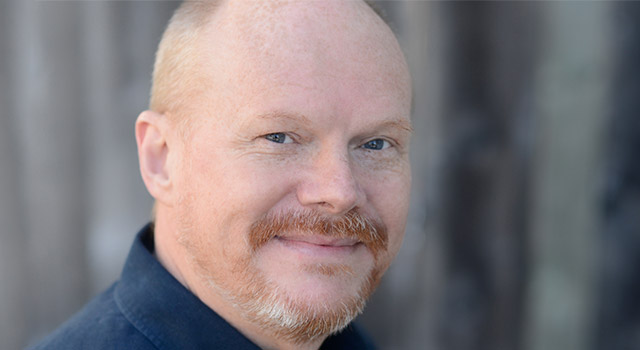
The Africa Coast to Europe (Ace) submarine cable could be among the last major international broadband systems to land on South African shores for some time, says an expert.
The Ace cable system currently stretches 11 500km and connects France to countries such as Equatorial Guinea, Nigeria and Benin in West Africa.
But the Ace consortium, led by French telecommunications operator Orange, has announced that the second phase of the network will be extended 5 000km from the Gulf of Guinea island of Sao Tomé-et-Principe to South Africa.
Networking company Alcatel-Lucent is tasked with building the cable and it said on Wednesday that once the second phase of the cable is completed, the overall design capacity will be 12,8Tbit/s.
However, experts have said that the Ace cable is likely to be among the last to connect to South Africa, at least for the time being.
Since 2009, major subsea cables connecting to South Africa include Seacom, Sat-3, Safe, Eassy and Wacs. “I can’t imagine another cable connecting to South Africa directly at this time,” said Steve Song, a local telecoms policy activist and founder of the Village Telco project.
“It is likely that there will be another cable connecting Africa to Brazil but this seems likely to land either in Angola or Cameroon. South Africa will have to connect to it through another undersea or terrestrial network,” Song said.
Song explained that South Africa has “a lot of capacity already” with the cables that it has, but that the Ace cable will help with redundancy and choice for operators. In turn, this could bring costs down, said Song.
“The organisations that stand to benefit the most are existing customers of the Ace cable because once Ace reaches South Africa, it will be able to offer redundancy to its customers in the event of a cable break,” Song said.
“Currently if there is a cable interruption on Ace, everything south of the break is disconnected. By connecting to South Africa, traffic can be routed via Seacom/Eassy/Safe even if there is a cable break. And of course DRC, Angola and Namibia also stand to benefit from the additional undersea cable competition,” said Song.
The Ace cable also helps to solidify South Africa’s role in Africa as a regional access hub amid competition from the likes of Nigeria and Kenya, said Song.
Song’s comments echo those of Seacom CEO Byron Clatterbuck, who said last month that South Africa has enough international capacity but that the challenge lies with connecting the last mile in cities and towns.
Seacom itself has this year officially launched an enterprise unit to supply high-speed connectivity and cloud services to corporates in South Africa
“Certainly, the challenge is not on the international side and that’s what we’ve seen,” Clatterbuck said. — Fin24




